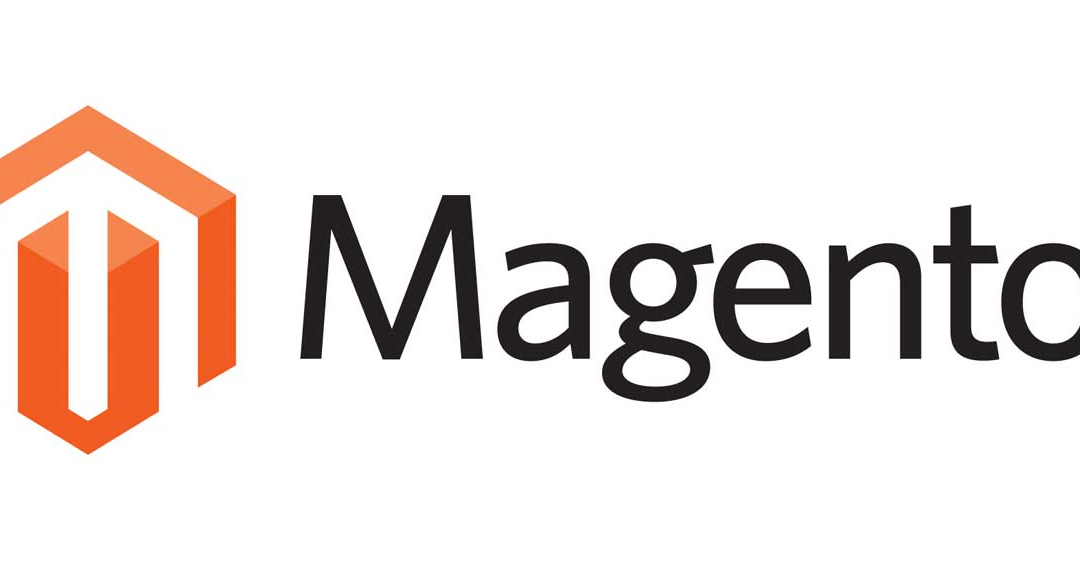As Magento merchants, you may wonder if open source or commerce will work best for your store. When it comes to choosing between the two options, there are pros and cons that you’ll need to consider. In this blog post, we’ll go over a few of the pros and cons of Magento Commerce vs Magento Open Source.
What is Magento?
Magento is an open-source content management system (CMS) written in PHP. The platform was first released on 28 May 2007, by Roy Rubin with help from Michael Parson. It then became generally available as commercial software, with versions available for sale as either software or hosted solutions. As of January 2013, it’s reported that there are over 200 000 self-hosted Magento installations globally. Some new features which have been recently announced include Paypal integration, performance enhancements, and SEO keywords have contributed for more adoption.
Pros of using Magento Open Source
If you decide to use Magento open source, there are many benefits. For one, it’s free. As long as you have someone who can install it for you or do it yourself. It also has more features than many other CMSs. You can customize your own e-commerce store to make it look however you want using Magento open source. Lastly, your customers will enjoy shopping because they’ll be able to find what they need quickly and easily without being steered in any direction by advertisements or product placements. But if those reasons weren’t enough, some people would say that Magento commerce is easier to set up than open source. Plus having access to all these features is great when it comes time to market your products on social media because you’re never really limited with how much content you have access too
Cons of using Magento Open Source
Magento open source has some major drawbacks. The biggest drawback is that Magento does not offer technical support for Magento open source, it’s all community-based. While an active forum exists, without support to answer your questions, you might be stuck on your own for fixes. With other content management systems, such as WordPress or Squarespace, you can get paid support if needed.
Another downside is if you’re selling products in different currencies. This could be because your company operates internationally, or because you’re importing products from another country (that will need translated pricing). It can also happen when dealing with multiple languages online. When setting up multi-currency functionality with PayPal (PayPal lets merchants set prices in up to 135 world currencies), there are limitations with how much control over these settings you have when using Magento open source.
Pros of using Magento Commerce
Magento Commerce has been built with you in mind. It is an intuitive interface for building your store, creating experiences that engage customers, driving growth. This open-source CMS comes with the latest features like, on-site chat support, two-way live product search filters for customers, and more. Plus, you can access it anytime, anywhere through your browser or mobile app. And since it’s cloud-based, nothing needs to be installed. There are also additional platforms available as modules, including Point of Sale (POS) and Customer Relationship Management (CRM). Unlike other open-source alternatives, these add-ons are made for eCommerce so all inventory and data flow seamlessly from one system to another to create one unified customer experience.
Cons of using Magento Commerce
Magento commerce is not open source, which means you are subject to changes in your software without any form of input from you. This may be an issue if your company needs to keep your data secure, especially if you use the store to collect sensitive data. The other major issue with Magento commerce is the pricing starts from $24,000 and commissions. It could be pretty steep for any small business that is trying to adopt the Magento platform.
In general, Magento open source is more cost-effective than Magento commerce. If you’re looking for an e-commerce solution and don’t want to spend too much upfront, Magento open source could be a great option for you! Most of these are going to be specific to a business – if you have any questions around the different versions, please feel free to contact Perma Techologies to discuss further.


Recent Comments